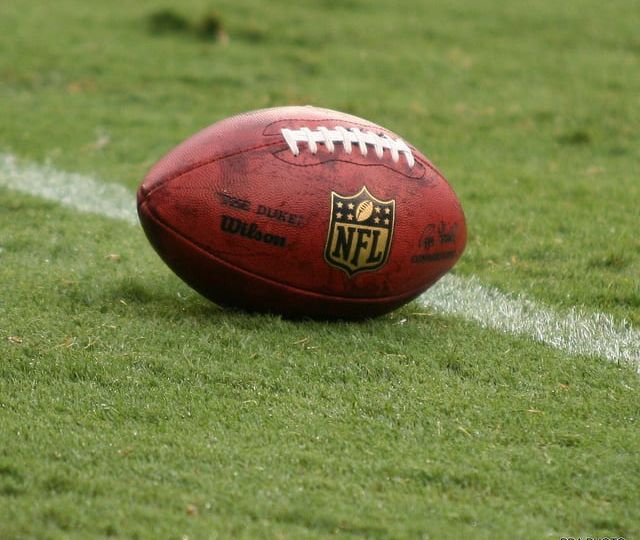
During recent seasons, it’s become increasingly evident the NFL has a serious image problem stemming from myriad ethically dubious revelations that threaten its future prosperity and survivability. Pressing issues such as a concussion epidemic leading to potentially lethal post-career diseases, inconsistent policies in punishing domestic abuse following a period in which the offense was overlooked entirely and the immoral blacklisting of a quarterback attempting to protest grave injustices looming over the country have revealed where the league’s core interests truly lie. Essentially, the facade of a united NFL that prioritizes its players’ health and well-being has evaporated, revealing an ugly, transparent corporation primarily concerned with enriching its pocketbook rather than addressing the harsh realities it currently faces that could negatively impact its success not too long from now.
Despite its best efforts to conceal these issues, fans and players have easily managed to catch on and voice their collective complaints, which, unfortunately, usually fall on the deaf ears of a lucrative company preoccupied with its own selfish interests. However, recently the league’s questionable philosophies were once again accentuated, this time falling under a different, justifiable scrutiny from players who feel the league is robbing them of any realistic chance of performing at their highest possible level, even sacrificing their physical health for publicity and monetary gain.
The focus of the athletes’ frustration has been the increased injury risk in an already dangerous sport perpetuated by the existence of weekly Thursday night football games. Last week, forced to compete on Thursday night with a mere three days of recovery time since their previous contest, the Seattle Seahawks lost star cornerback Richard Sherman, arguably the best defensive player on the team, for the season after he tore his Achilles tendon, the most noteworthy among 15 players to suffer sidelining injuries during the contest.
The abnormally high injury total has sparked serious discussion about the moral implications of making athletes competing in arguably the most physically destructive sport take the gridiron with drastically shortened rest. According to several professional studies in the past decade and lived experience from professional running backs, participation in a typical complete NFL game is physical equivalent of sustaining damage from a serious car accident, if not multiple car accidents, per contest.
Forcing players to recover in one week for nearly four consecutive months is already taking a considerable toll on their bodies, one that has translated to shortened careers and life expectancies. By essentially halving that healing window for even one week in order to expand its brand to dominate Thursday night television ratings, the NFL makes it practically impossible for every athlete to escape the premature contest unscathed in favor of stuffing its collective wallet with an additional billion-plus dollars in broadcasting contracts.
The counterargument here is that athletes who participate gain additional resting time during the upcoming week to make up for the more severe damage. However, that extra time hardly matters when players like Sherman are sidelined for an entire season due to the impact Thursday games have already wrought. For an organization that has preached its ostensible concern over player safety with reworked equipment and penalty distribution, putting even its best athletes in directly serious danger for some extra funds screams hypocrisy. Outraged players such as wide receiver Doug Baldwin, Sherman’s teammate, have even proposed that playing under such conditions should be “illegal,” stating that, “guys do not have enough time to recover. You can’t recover in four days.”
By neglecting player safety in an effort to perpetuate impractical and dangerous Thursday night football, the NFL has effectively added to its rapidly growing laundry list of ethical issues that could sink the organization within our lifetime if left unaddressed.

